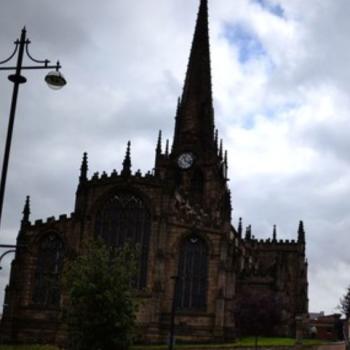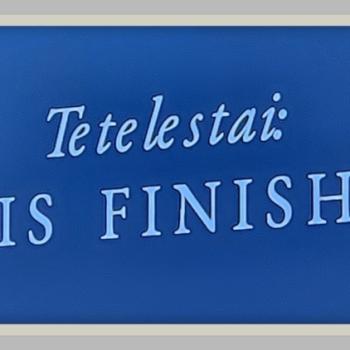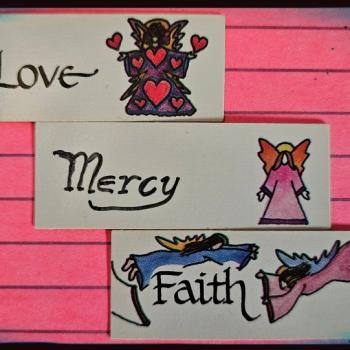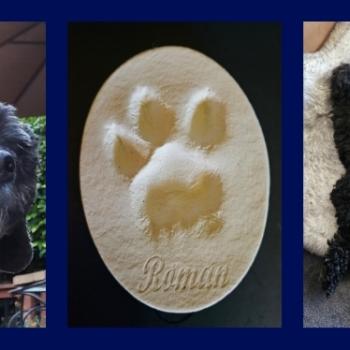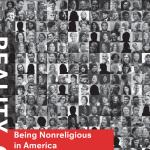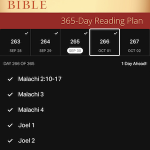I believe a legacy of forgiveness is what God wants us to leave for our family and friends. It can be a difficult legacy to achieve. I have my own family to attest to that fact.
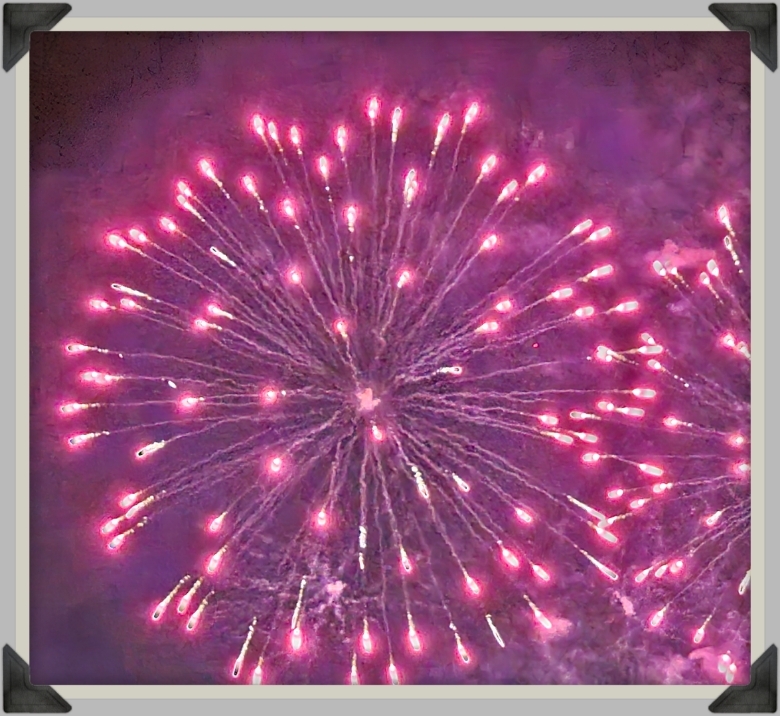
The End of a Generation
June 11, 2016, was a beautiful sunny Saturday. Perfect for walking the three blocks to my local farmers’ market. There probably wouldn’t be any green beans yet, but I hoped to score some loganberries or boysenberries, and spicy fresh radishes for a salad with dinner.
The familiar ba-ding from my phone startled me. When I reached a shady spot, I checked to see who had sent me a Facebook message. It was my cousin Ron. “Aunt Dot passed away suddenly but peacefully today.”
Aunt Dot was the last of my aunts to die. That was it. I felt like an orphan—I had no grandparents, no parents, and no aunts or uncles left. It felt weird to be upset over losing someone I barely knew. I could count on one hand the number of times I had seen any of my aunts in recent years. My family is spread across the country and though we always exchanged Christmas cards, we have never been close.
Legacy of the Last Generation
In August 2010, my sister Berta and I flew to Texas to visit cousins and aunts. We stayed with our Aunt Norma, our dad’s widowed sister-in-law. A day trip took us from Austin to San Antonio to visit Aunt Dot and our cousin Gina. After lunch, we sat around their drab motel room visiting. Although Aunt Dot lived in San Antonio with our cousin Gary, we couldn’t visit at their house because he suffered from paranoia and wouldn’t let anyone in the house. What I remember most about that day was missing my dad.
In August 2012, I flew to Denver to attend a conference for work. I added a day to the trip so I could visit my Aunt Mimi, my dad’s youngest sister. We spent a lovely day at the Denver Zoo. She pointed out her son Buddy’s apartment complex on the way to the zoo, but said she hadn’t spoken to him in over six months. We ate dinner at one of her favorite restaurants and then talked for hours in my hotel room. Three years later, Aunt Mimi passed away. I was thankful I had the opportunity to learn a little more about my mom and dad from her and get to know her better before she died.
The curious thing about Dot and Mimi is that although they were sisters, the last two living of my dad’s four sisters, they hadn’t spoken to each other in years. No one still living knows what disagreement came between them. Did they both hold some long-forgotten grudge or was the feud one-sided? Did one or both simply refused to forgive? We’ll probably never know, but I find in their story a lesson for me.
Seeing Parallels in My Own Generation
Not only did my dad have four sisters, he had four daughters too, plus his firstborn son. I’m the youngest of the four girls and Berta is closest to me in age. The older siblings were all teenagers when Berta and I were born. She is the only one I have any vivid memories of living in the same house with. Just like Dot and Mimi, Berta and I don’t always get along.
Our two older sisters have both died. Peggy died ten years ago of breast cancer. Our oldest sister Suz died of lymphoma two years ago. In the spring of that year, when Suz was in the hospital and they weren’t sure she would survive the weekend, I stayed with Berta at her new house for three nights. She had moved to this house recently in large part because it was within walking distance of Suz’s house. We couldn’t visit Suz in the hospital because of pandemic protocols, but I hoped being closer to family would bring comfort.
When I arrived that morning, Berta and I hugged one of those extra-long hugs of people who are grieving but don’t know what to say. After I brought my things in, she gave me a tour of her new place. She was most excited about the huge yard that had blueberry bushes, some plants she couldn’t identify but hoped had flowers, and a towering monkey tree out front. We talked about Suz and how we were worried about our brother-in-law Dennis.
The Challenge of Forgiveness as a Legacy
Before long, old familiar patterns set it. Sitting in her leather recliner, I held up my Kindle and mentioned that I was reading The Hobbit. “Oh, I hate fantasy,” she said, followed by the many reasons for her hatred of this genre that I love.
Later, I turned on my phone to look up something and smiled at my background picture of my husband. “I love this picture,” I said, showing it to her. “Randy on the North Shore of Maui in front of Braddah Chic’s smoothie truck, one of my favorite places.”
“I would never go to Hawaii,” she said. “I hate the beach. It’s gross. The sand is so dirty…” and on and on she prattled for what seemed like an eternity.
On my last morning there, we were talking about the few places we’d each been during the pandemic. I listed Safeway, Costco, my hairdresser, and Walmart. “Oh, I’d never shop at Walmart,” she said. “I hate that they aren’t union. I have way too much respect for the people who work there.” I had no response. By this time, my heart was heavy and my tally of harsh words much longer than I can recount.
I didn’t even get to see Suz while I was there because she had to stay in the hospital another week.
Before driving home, I walked over to Suz and Dennis’ house. Over the years, I have often enjoyed many one-on-one conversations with Dennis. He always asks great questions and this day was no exception. We talked about God, faith, prayer, Suz’s illness and cancer in general, my writing, and family. I felt like my time with Dennis made the trip worth it. A month and a half later Suz died.
I Only Control My Legacy of Forgiveness
Three weeks after she died, Berta called to talk about possible plans for my husband and me to come for a BBQ at her house before the big memorial service scheduled for July 24. I wanted to visit immediate family in a quieter setting. The conversation started out okay, but took a turn.
“I love you, but . . .”
They say the word “but” negates what comes before it. It certainly felt that way to me.
“I love you, but I think you need to know that Suz was upset about the conversation you had with Dennis. She was also upset about a conversation you had with her about Leanne two years ago.” According to Berta, Suz had referred to me as “your sister.” She continued, telling me I’m too vocal about my faith and that other people don’t need or want to hear about my story of being raped and having an abortion when I was a teenager. And Dennis definitely didn’t need to hear about it.
“First of all, Dennis is the one who started the conversation about God. And I don’t even talk to you about God, Berta, because I know you don’t want to hear it,” I said.
“You write about it on your blog,” she responded. “I’ve had an abortion and I don’t need to be forgiven.” It was a recurring reel I’d heard from her before. The conversation felt like an attack on me, on my faith, and on my relationship with the sister I’d never see again.
I hung up the phone and burst into tears, barely able to take a breath between sobs. When my husband walked in the front door half an hour later, I couldn’t stop sobbing enough to tell him what was wrong except to say, “Berta called.” That was all he needed to know.
Struggling with the Desire to Not Forgive
In the weeks that followed, I vented to various friends, recounting all the things she’d said. Without context, her words didn’t seem so bad. The context lies in the fifty-seven years she’s been my sister and has said so many hurtful things to me. She often seems compelled to tell me she hates things I love. It’s been the story of my life, to have her speak words that shatter my heart and make me feel mistreated and judged.
It was tempting to blame her actions on the fact that I am a Christian and she is either agnostic or atheist. Plenty of my Christian friends who I vented to agreed her lack of faith was the problem. That did not explain my temptation to lash out at her in response. I had to fight the urge to send her a text or email telling her things Suz had said to me about her, couched in a way intended to hurt.
How could I allow her to hurt me again? I had no desire to talk to her, especially not over the phone, ever again. One more fiery dart to my heart would be too much. What right did she have to malign my relationship with Suz, who could no longer weigh in on the conversation? Why did she have to be so mean? Why had God taken two of my sisters and left me with this one who seems set on negating her claim to love me with hurtful words?
Bible Verses Point to Forgiveness
It was tempting to find solace in scripture.
Jesus said, “Truly I say to you, there is no one who has left house or brothers or sisters or mother or father or children or farms, for My sake and for the gospel’s sake, but that he will receive a hundred times as much now in the present age, houses and brothers and sisters and mothers and children and farms, along with persecutions; and in the age to come, eternal life.”
Mark 10:29-30 NASB.
I could use these words of Jesus to justify walking away from her. But is that what Jesus intended? He said those who have left family “for My sake” would be blessed, not those who walk away for the sake of a grudge. Are hurt feelings an acceptable rationale for giving up on someone God loves more than I can ever imagine?
“We all have people who love us, or who should love us, theoretically. But even the most loving person has moments when they act in ways that don’t seem loving.” Mikalatos, Matt. 2021. Journey to Love. NavPress. Kindle. Grief or our own wounded spirit can cause us to speak unloving words. Berta and I both have endured our share of grief and wounding.
According to 1 Corinthians 13:5, love “keeps no record of wrongs.” Peter asked Jesus how many times he must forgive his brother. “Jesus said to him, ‘I do not say to you, up to seven times, but up to seventy-seven times.’” Matthew 18:22 NASB. Other translations say “seventy times seven.” The point Jesus made was that there is no limit to how much we must forgive, even those who don’t believe they need forgiveness or want to forgive in return. Perhaps these are the words of scripture I should hang my hat on, instead of the words in Mark that seem to give me permission to walk away, grudge in hand with hardened heart.
Forgiveness and Broken Relationships
“Forgiveness is about restoring broken relationship. Every time I choose not to forgive someone, I’m cordoning off a piece of our relationship, small or large, and saying, ‘That’s broken, and we’re not going to fix it.’” Mikalatos, Matt. 2021. Journey to Love. NavPress. Kindle.
One time Berta told me not to pray for her because she was never going to believe in my God. I don’t like to be told what I can and cannot do, especially by my sister, so I pray for her anyway. I don’t know that it changes her, but it does change me. In prayer, God reminds me that this is a relationship worth fixing.
In the six weeks between our phone call and Suz’s memorial service, I texted once to say I wouldn’t be planning a visit before the service, but I didn’t speak to Berta otherwise. The morning of the service, she texted me that she had my birthday present, some blueberries, and something she saw at a garage sale that reminded her of me. I loosened my grip on my grudge, but still didn’t let go.
At the service, the focus was rightly on Suz, not our disagreements. Before my husband, son, and I left for the long drive home, Berta followed us to our car to give me my gifts. One was a wooden egg with a picture of a bear in a hammock surrounded by sunflowers, all images she knew would be special to me. The other, the garage sale find, was a nativity scene. It had a few “condition issues” as they say on Antiques Roadshow. At first, the flaws were all I could see. But eventually God showed me how this gift reflected her thoughtfulness. She saw something I love to collect and bought it just for me.
Legacy of Forgiveness for Future Generations
I wonder if this is how it started with Dot and Mimi. As the youngest, I wonder if Mimi felt the sting of her older sister’s careless—or perhaps intentional—words. Did she keep a perfect record of each one until the tally was too much to bear? Did they both cordon off pieces of their broken relationship until there was nothing left?
I ask myself if I want me and Berta to end up as they did, victims of a grudge held too long and too hard. What legacy do I want to leave for our children? Do I want my son to be talking with cousins thirty or forty years from now, after their last aunt or uncle has passed on, and have someone say, “They hadn’t spoken to each other in years. I don’t even know what they were fighting about.”
More recent events suggest that I may not have any control over fixing our relationship, no matter how much I forgive. But I choose to forgive anyway. I choose to continue praying for her, that the brokenness that causes her to lash out in anger might be healed. That is the legacy I want to leave for my son and my nieces and nephews.
Closing Prayer for Forgiveness
Heavenly Father, I pray for those who struggle with difficult relationships in their families, that You would provide a healing balm of forgiveness. I pray that a legacy of pain and brokenness be transformed into a legacy of forgiveness by Your great mercy and love. May each person reading this choose to forgive and live at peace, at least as far as it is up to them. In Jesus’s name, amen.







